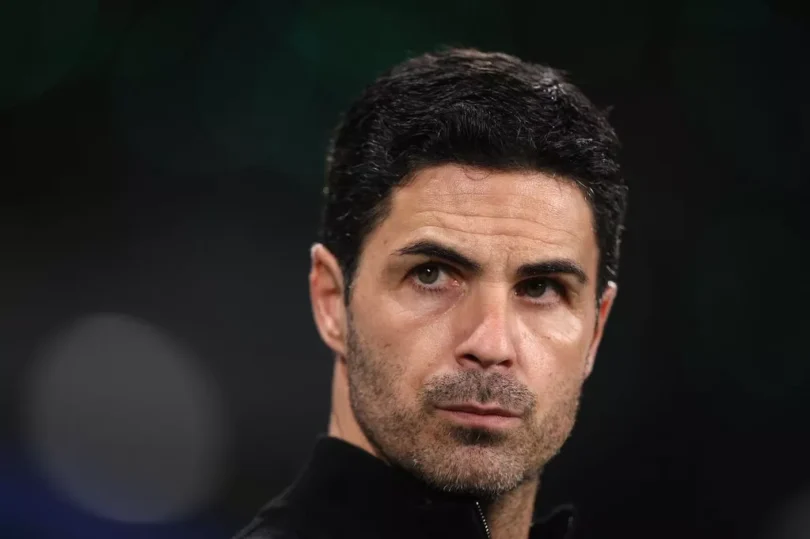Mikel Arteta’s managerial philosophy has undergone significant evolution during his time at Arsenal, influenced in part by lessons learned from his playing days at Everton. Reflecting on his experience at Goodison Park, Arteta has spoken about how it shaped his understanding of football dynamics, leadership, and tactics.
Arteta’s time at Everton exposed him to the grit and resilience required to compete in the Premier League. At Goodison Park, he developed a strong work ethic and a deeper appreciation for defensive discipline. These experiences have translated into Arsenal’s improved defensive structure under his management. Since taking over at the Emirates, Arteta has emphasized organization at the back, making Arsenal one of the hardest teams to break down. For instance, the introduction of players like Gabriel Magalhães and Declan Rice, coupled with innovative strategies, has bolstered their defensive solidity, reducing their susceptibility to counterattacks and lapses in concentration.
Another pivotal change Arteta implemented at Arsenal was his shift toward tactical flexibility, something he observed was vital during his Everton days. Arteta’s current approach often sees him adapt formations and game plans depending on the opponent, a stark contrast to Arsenal’s previous rigid playing styles. This flexibility was key during Arsenal’s resurgence in the Premier League, allowing them to compete at the top level consistently. His adaptation of a more pragmatic style, especially in the 2023-24 season, showcased his willingness to prioritize results over aesthetic football when necessary.
Furthermore, Arteta’s Everton stint also helped him grasp the importance of team cohesion and mental resilience. At Arsenal, he has worked on fostering a winning mentality, demanding accountability and professionalism from his players. This was evident in Arsenal’s transformation into a team that fights until the final whistle, often securing late victories. Players like Martin Ødegaard and Bukayo Saka embody this ethos, thriving under Arteta’s mentorship.
One of Arteta’s standout changes at Arsenal has been his approach to set pieces. Under his guidance and with input from set-piece coach Nicolas Jover, Arsenal has become a major threat from dead-ball situations. This tactical evolution compensates for times when the team struggles to create clear chances in open play, an issue Arteta likely recognized during his playing career in matches where a single set-piece could change the outcome.
Arteta’s reflection on his Everton experience also inspired him to strike a balance between nurturing young talent and relying on experienced players. At Arsenal, he has promoted the likes of Emile Smith Rowe and Saka while ensuring seasoned players like Granit Xhaka and Thomas Partey contribute their expertise. This blend of youth and experience has reinvigorated Arsenal, giving them the energy to press aggressively while maintaining composure during high-pressure moments.
Finally, Arteta’s understanding of fan expectations, honed at a club like Everton, where supporters demand hard work and determination, has shaped his connection with the Arsenal faithful. He has reinvigorated their passion by bringing back competitive football and a clear sense of direction. The shift from eighth-place finishes in his early years to challenging for the Premier League title is a testament to Arteta’s ability to learn from past experiences and instill a culture of continuous improvement.
In summary, Mikel Arteta’s transformation of Arsenal owes much to his experiences at Everton, where he learned the importance of resilience, tactical adaptability, and building a cohesive unit. These lessons have guided Arsenal’s rise under his leadership, making them one of the Premier League’s most formidable sides today. This journey illustrates the profound impact of Arteta’s playing career on his managerial philosophy and the heights Arsenal can reach under his guidance







